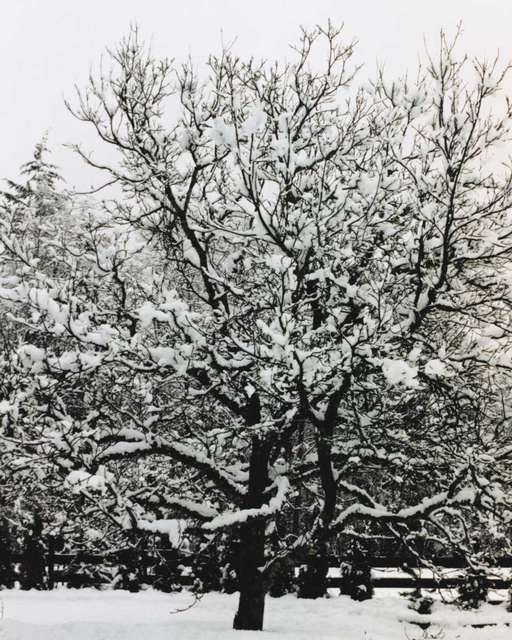 |
|
 |
 |
|
 |
Key Facts
Russia was an autocracy. The ruler Of Russia was the Tsar and technically everything that happened in Russia was his responsibility which he shared with no one and was responsible only to God for his actions. The Tsar was entitled the Tsar and Autocrat of all The Russias, Grand Duke of Finland etc, etc.
From 1894 until 1917 Nicholas II was the Tsar and autocrat of all the Russias and he had succeeded his father Alexander III who had died while still relatively young (49 years old). Alexander's father, Alexander II, had tried to reform Russia by creating local councils and freeing the serfs but his only thanks from some sections of the Russian population was growing hostility. This culminated in his brutal murder on the very morning that he signed a document which might have led to a Russian Parliament. Neither Alexander III nor Nicholas II were interested in reform and indeed they tried to restore the mediaeval idea of the Tsar and his people.
Nicholas was dominated by his father both physically and mentally and throughout his career as Tsar he tried to follow the policies that his father had been so enthusiastic about. Nicholas dismissed any ideas of further reforms as "senseless dreams". He literally tried to rule Russia on his own and tried to reply to every letter personally but the sheer volume was too much. Also it's doubtful if Nicholas had the intellect to be a successful autocrat whereas he would have made a very good constitutional monarch relying on elected Prime Ministers for advice and confining himself to consultation and discussion rather than executive action. His cousin King George V of Britain proved to be very successful in this role.
Russia was too large and too modern a country to be ruled by one man and to assist him the Tsar had the Russian civil service, some of whom were very able and clever but also many were corrupt, poorly educated and unwilling to take any decisions themselves. Therefore there were long delays while even the most trivial questions were sent to provincial capitals, then to Moscow or even on some occasions to St Petersburg for settling. If you desperately wanted a decision you handed over cash to encourage a speedy conclusion to your business.
The Russian army was technically the largest in Europe but chronic shortage of funds meant that the Russian government could only afford to call up a fraction of those eligible each year to serve in the army. The army was backward, short of modern equipment and officers were appointed on the grounds of family connections rather than ability. In a war in 1904-5 the Russian army was badly defeated by a Japanese army and this led to a near revolution in 1905 which was only averted by the granting of a Duma or Parliament. In any one year large sections of the army were employed keeping down the peasants who frequently revolted against their conditions.
The Russian Orthodox Church was the other great supporter of the Tsar. He was divinely appointed and the Church had a specially protected position in Russian life but many ordinary Russians saw their local priests as greedy and corrupt individuals who did not live up to Biblical standards.
The vast bulk of the Russian people were peasants and until the 1861 Emancipation they were serfs which meant that they could be bought, sold and even used as gambling payments. After this they gained their freedom but they had to pay for this in long term redemption payments to the government. They literally bought their freedom. These payments, high taxation, low prices for their grain and their very small landholdings which got smaller every year meant that there was little chance of the peasant becoming a western style farmer and supporter of the government. Also the culture of the village was against getting richer and anyone who did was suspected of being a "gangster" or "mafia" as they talk about in this century.
The peasants had been the property of the landowners and the ease of cheap labour had not encouraged the landowners to improve their estates. Once the Serfs were freed many of the landowners used the money to live on as income and became poorer and poorer every year. Some took an active part in the local councils created by Alexander II but others did as little as possible. In the winter they left their country estates and went to Moscow or St Petersburg until the summer came round again and in the cities they did little but socialise, gossip and plot.
Read pages 5 to 10 and answer these questions-
What evidence suggests that Russia was a large country?
Where did 85% of the Russian population live before the First World War?
Who was the ruler of Russia before the revolution?
According to source E on page 7 how did he become Tsar?
According to source F on page 7 who were the Tsar's supporters?
How does source C on page 6 confirm the idea that the Russian peasants lived in poor conditions?
What problems did the Russian peasant face before 1914?
Why did they not improve their conditions?
Apart from Russians which other nationalities made up the Russian Empire?
In what way was Nicholas II unlikely to be a successful autocrat?
The Russian Empire Before 1914 - Help Sheet
Complete the following-
In 1900 85% of the Russian population lived...............
Moscow and St Petersburg were..................................
The most important social class was...........................
The Tsar was ..................................................................
Nicholas decided............................................................
Peasants had other problems.........................................
The Russian Empire was one state of..............................